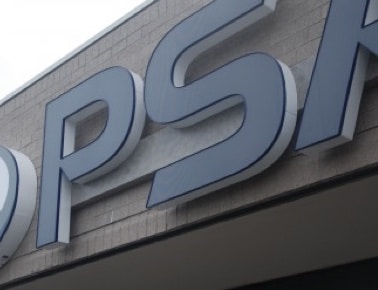Protecting Your Dispensary: Why Assault and Battery Coverage Matters
Running a cannabis dispensary comes with its share of challenges, and one thing you can’t afford to overlook is insurance coverage. Today, we’re talking diving into a crucial aspect of insurance coverage that every dispensary owner should consider: assault and battery coverage. We also want to highlight the difference between A&B and your General Liability […]

![[hero image]](https://www.psafinancial.com/wp-content/uploads/2019/07/home-pg-hero-1.jpg)






